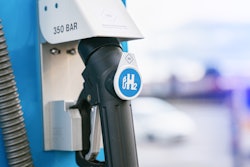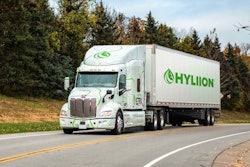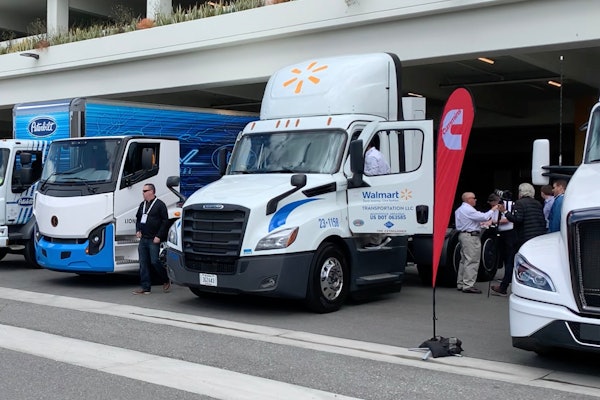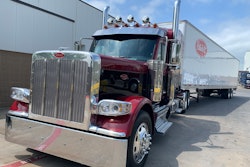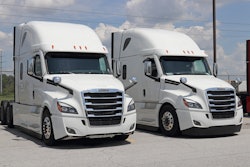Trucking news and briefs for Wednesday, April 5, 2023:
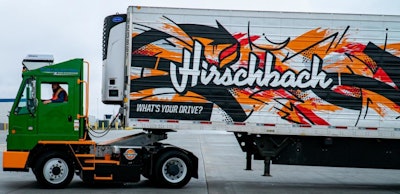
The move is another step in the companies’ sustainability journeys, adding to an array of measurable, impactful carbon reduction and efficiency initiatives, they said.
Hirschbach is providing zero-emission spotting services for two Lineage facilities in Kansas. An industry leader in freight supply chain efficiency, Hirschbach has won multiple EPA SmartWay Excellence Awards, in part by aggressively reducing empty route miles and idling time to reduce emissions and maximize fuel economy.
“The Spot by Hirschbach team has been focused on bringing technology into the customer yards that we service, and Orange EV’s electric yard trucks are an exciting next step for us to continue to do the right thing for our customer, our driver team, and the environment,” said Kevin Lage, Hirschbach’s Sr Director Commercial Team. “Our goal is to have 20% of our spotter fleet converted to EV by Q3 of 2023.”
With its core business devoted to storing, handling, and transporting temperature-controlled food products in the United States, Lineage has long been focused on energy efficiency. The company participates in the EPA’s SmartWay Transport Partnership. Lineage has also been recognized by the U.S. Department of Energy for four consecutive years and received a Better Project Award in 2022.
Orange EV’s electric yard trucks have a maximum powertrain efficiency of more than 90%. At the Lineage sites in Kansas, Hirschbach operates Orange EV yard trucks up to 20 hours a day, 6 days a week. Under these conditions, switching from diesel to electric eliminates more than 100 tons of carbon dioxide per truck annually, along with diesel particulate matter, nitrogen oxides, and other pollutants emitted as a result of diesel combustion, the companies said.

